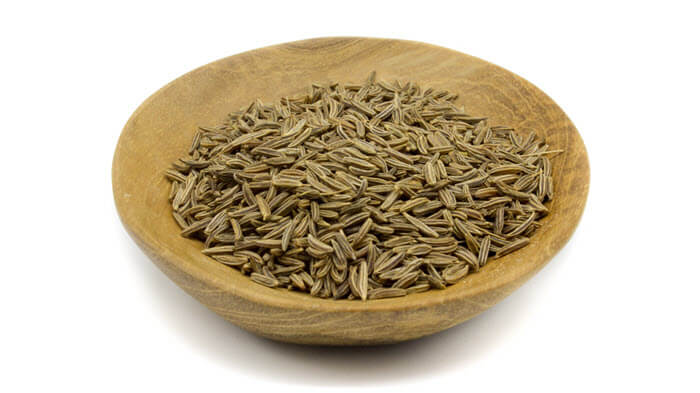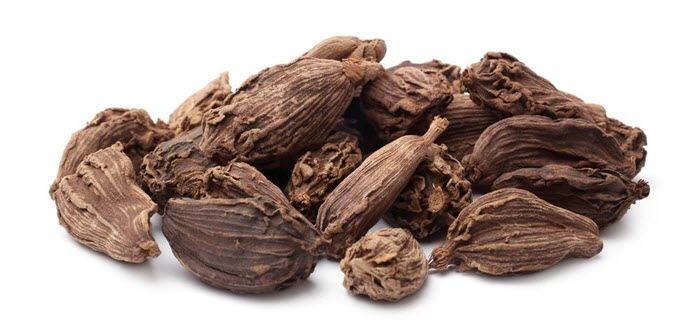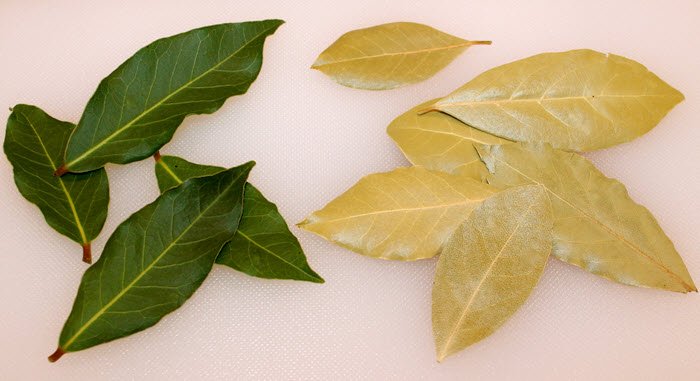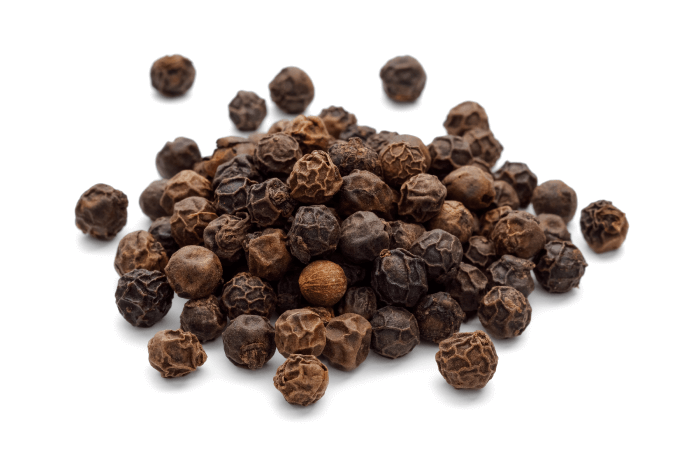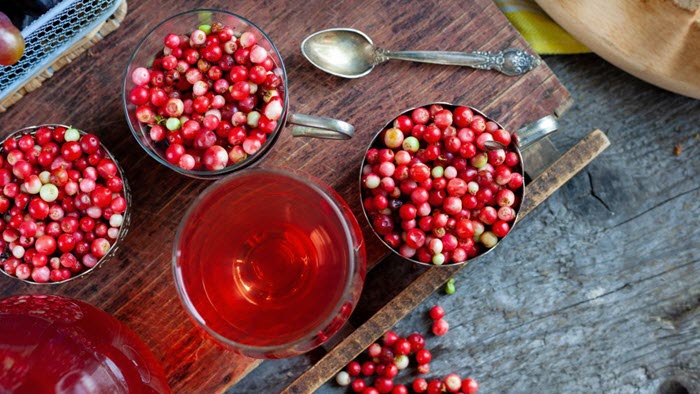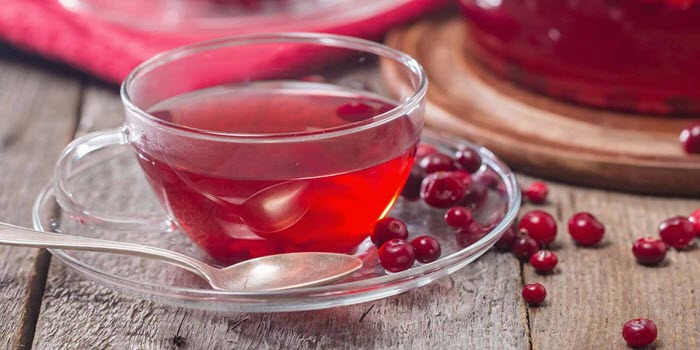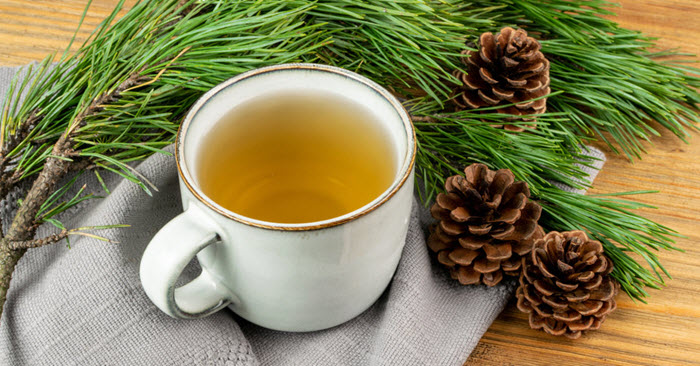I have been asked by some of you what a good substitute for juniper berries is when finding them in your local market proves difficult.
In fact, there are plenty of options to choose from. This guide will help you find a replacement that will work well in your recipe. Keep reading for our top picks!
Table Of Contents
Substitutions for Juniper Berries
Replacements | Good For |
Gin | Drinks |
Rosemary | Baking |
Caraway seeds | Italian sausage or Irish soda bread |
Black cardamom | Indian cuisine |
Bay leaves | Tomato sauce, soups, and stews |
Hickory spice | Season meats |
Black pepper | Stews or soups |
Juniper extract | Baking, drinks and beverages |
Lingonberry juice | Beverages and cocktails |
Cranberry apple cider | Cocktails and drinks |
Cranberry tea | Beverages |
Pinewood tea | Drinks or cocktails |
1. Gin
While juniper berries are most common in Scandinavian, German, and northern French cooking, you’ll probably be most familiar with the taste of Juniper berries by way of gin.
Since gin actually has juniper in it [1], it’s the easiest and best substitute when you’re fresh out of juniper berries.
Using just a little bit of gin in your dish can bring about that same herbal, earthy flavor that juniper brings to the table. Just remember to use it sparingly like you would with other extracts or particularly hot spices.
2. Rosemary
While juniper berries are more of a specialty item here in the states, rosemary is incredibly common and incredibly delicious.
Juniper berries are technically the female seed cones of the juniper tree, which is a conifer. This is why juniper berries have a distinctly piney flavor. While rosemary is a botanical [2], it’s an evergreen shrub, which lends to its own piney, herbal flavor.
You can even use rosemary extract! The standard recommendation is to use one teaspoon of rosemary extract when baking a single batch of cookies.
3. Caraway Seeds
Caraway seeds are a staple when making Italian sausage or Irish soda bread, but they can also be used as an effective substitute for juniper berries if you’ve run out.
Caraway seeds have a pungent, distinct flavor carrying notes of pepper, anise, and citrus, which can replace juniper berries’ own strong flavor.
Caraway seeds are great for baking, and you can either use whole seeds or powdered caraway. To kick it up a notch, try toasting your caraway seeds first before adding them to your dish.
4. Black Cardamom
Black cardamom is popular in Indian cuisine, and it can be a great alternative to juniper berries because of its citrusy and somewhat eucalyptus-like flavor.
Juniper berries have both a fruity and peppery flavor as well as being a little bit piney, so the similarity of pungent and earthy yet fruity flavors makes black cardamom a great alternative.
Both the seeds and the pods of black cardamom are used in cooking. Traditionally, black cardamom pods are used with the seeds intact and fried in a little bit of oil to tease the flavor out.
If you use ground black cardamom, be careful not to add too much as it’s a very strong spice.
5. Bay Leaves
Bay leaves are a pantry staple used in tomato sauce, soups, and stews, and they don’t look like much, but they’re essential to these dishes.
Aside from that, you can use bay leaves interchangeably with juniper berry in cooking because of their slightly bitter, peppery, and distinctly piney flavor. To some, it even reminds them of a Christmas tree.
Bay leaves add complexity to the background flavors of your dish, and due to its similar flavor profile, can absolutely be used as a substitute for juniper berries.
Bay leaves are almost always used whole, and it’s very important that you pick them out before serving or if you find them on your plate. Bay leaves are completely safe to cook with, but they’re very tough, and they won’t break down when cooked.
6. Hickory Spice
Hickory spice is often used as a dry rub when grilling, and it’s a combination of chiles, salt, sugar, cumin, onion, garlic, and hickory smoke powder.
Juniper berries are often used to season meats, so this combination of spices, which is also primarily used to season meat, can hit some of the same flavor notes you’d be looking for from juniper berries.
If you’re not using hickory spice as a dry rub, it’s a good idea to use it carefully, and adjust to your preferences as you go.
7. Black Pepper
Black pepper, by far, is one of the easiest and most accessible substitutes for juniper berries besides gin. As we’ve mentioned before, juniper berries have a distinct pepperiness to them that can easily be replaced by, well, pepper.
Since black pepper also looks a lot like dried juniper berries, you can cook with them much the same. Add them to a spice sachet for stews or soups, or sprinkle some around a roast!
8. Juniper Extract
Juniper extract is a perfectly suitable replacement for whole juniper berries.
Juniper extract works great for baking, and for drinks and beverages. Just like with most extracts, it does contain alcohol, so you’ll want to use it carefully. Apex Flavors recommends starting at a use level of 0.05% to 0.20% for most recipes.
9. Lingonberry Juice
Juniper berries are often used in beverages and cocktails, and as great as these other alternatives are, they might not work so well for happy hour.
An alternative that does work, however, is lingonberry juice [3]. Lingonberries have an intensely tart yet sweet flavor with a hint of bitterness that works incredibly well when filling in for juniper berries.
Add a splash of lingonberry juice to your favorite cocktails that call for juniper berry juice, but avoid using whole lingonberries as they stay hard until cooked, much like cranberries.
10. Cranberry Apple Cider
Cranberry apple cider can do the same job as lingonberry juice! Cranberry apple cider has all the sweetness, tartness, and citrusy flavor that juniper berry juice adds to cocktails and drinks, and can serve as a great alternative when mixing drinks.
Use just a tiny bit to bring about the pungent yet smooth flavors you would expect from juniper berry juice.
11. Cranberry Tea
Cranberry apple cider can be a bit of a specialty item, but cranberry tea is a little more common. You might think of cranberry juice at first, but cranberry tea has a much more subtle flavor, while cranberry juice can be rather pungent and overpowering.
Add a little cranberry tea to your beverages that call for juniper berry juice, and you’ll love its similar citrusy, earthy background flavor.
12. Pinewood Tea
Pinewood tea, brewed from pine needles, is an unusual but perfectly serviceable substitute for juniper berry juice when making drinks or cocktails.
Since juniper berries carry a piney, earthy flavor, it’s no wonder you can get the same effect from pinewood tea.
Use a splash of pinewood tea when making cocktails that call for juniper berry juice, and it’ll be sure to please!
Recipes with Juniper Berry
Juniper Berry Tea
Juniper Berry Beads
Gin
FAQs About Juniper Berry
What’s a good substitute for juniper berry essential oil?
If you’re looking for a good substitute for juniper berry essential oil, there are several options to choose from:
- Lemon oil
- Lemongrass oil
- Mandarin oil
- Tangerine oil
- Tea tree oil
- Rose oil
- Birth oil
- Clary sage oil
What to substitute for dried juniper berry?
Black pepper will be a great substitute for dried juniper berry, note that it’ll add a slightly different flavor to your dish. Another option is to use fresh juniper berries if they are available in your area.
Whatever substitution you choose, be sure to follow the recipe closely so that the flavors match up correctly.
Is allspice same as juniper berries?
Allspice is not the same as juniper berries, but they are related.
Allspice is made from the dried, unripened fruit of the Pimenta dioica plant, while juniper berries come from the Juniperus communis tree.
Both plants are in the botanical family Cupressaceae.
What does juniper berry smell like?
Some people describe the smell as being woodsy or pine-like, while others find it to be more floral or fruity.
Conclusion
Juniper berry is a common ingredient in many recipes, if you can’t find juniper berry at your local store, use any of the above substitutes to replace the flavor.
With the right juniper berries substitute, you can still enjoy your favorite meal. Try these substitutes out and see if they pass muster with your taste buds!




